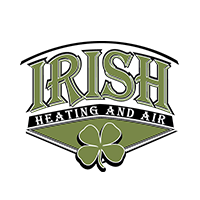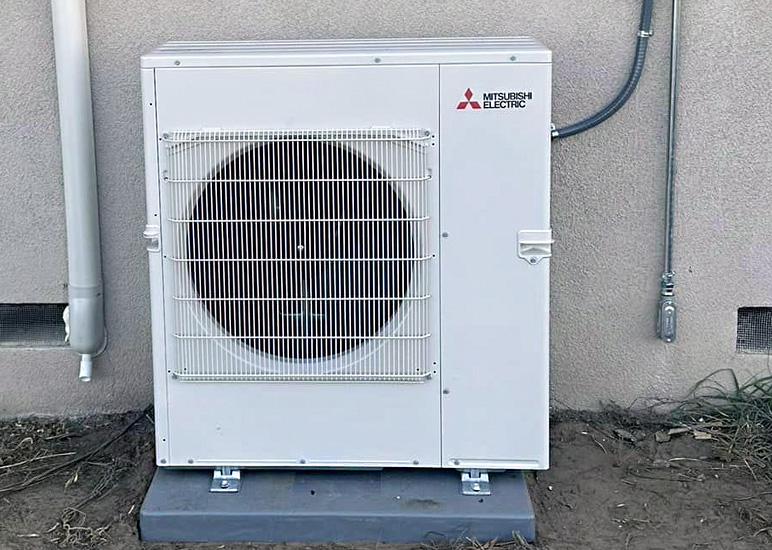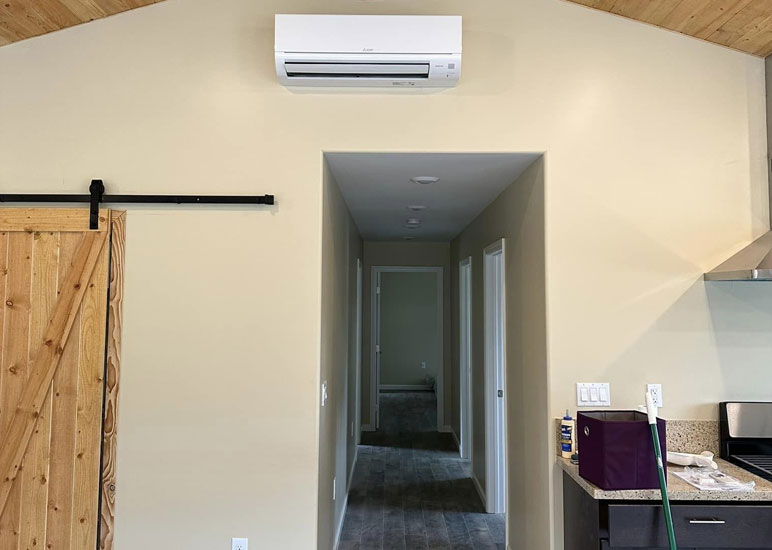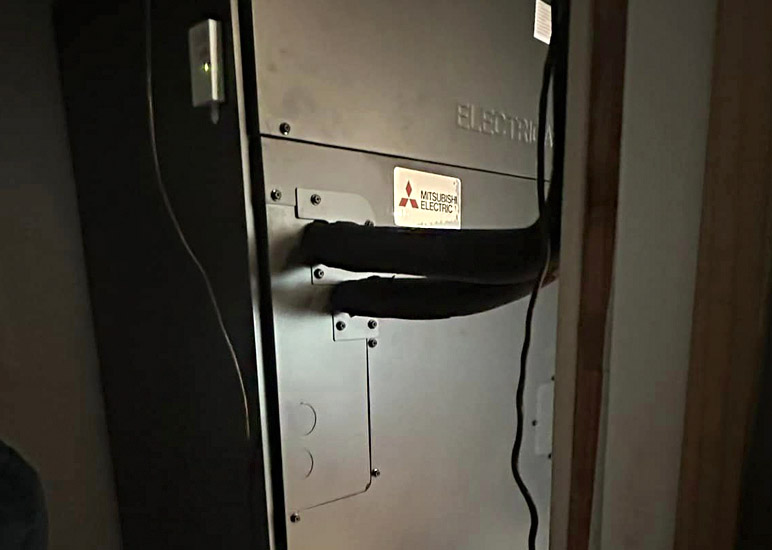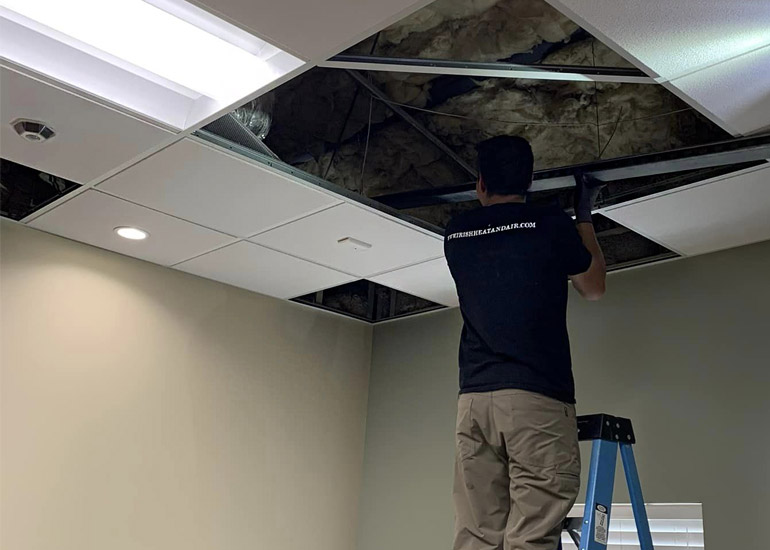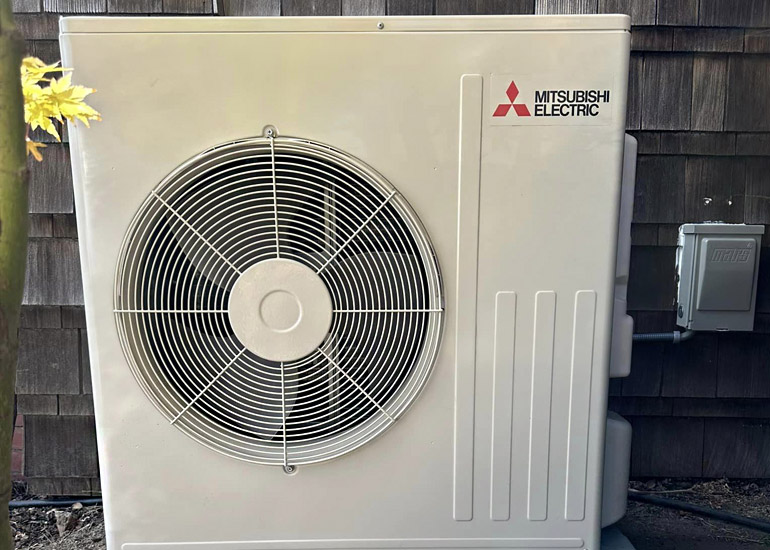 Air conditioning units are essential for maintaining comfort in your home, especially during hot summer months. However, they can sometimes cause power surges that disrupt your home’s electrical system. A power surge can damage appliances, lead to higher energy bills, and even pose a fire risk. Understanding how to identify if your air conditioning unit is causing these surges is crucial for maintaining both your comfort and safety. Here’s a comprehensive guide on how to tell if your air conditioning is causing a power surge.
Air conditioning units are essential for maintaining comfort in your home, especially during hot summer months. However, they can sometimes cause power surges that disrupt your home’s electrical system. A power surge can damage appliances, lead to higher energy bills, and even pose a fire risk. Understanding how to identify if your air conditioning unit is causing these surges is crucial for maintaining both your comfort and safety. Here’s a comprehensive guide on how to tell if your air conditioning is causing a power surge.
Frequent Tripping of Circuit Breakers
One of the most common signs that your air conditioning unit may be causing a power surge is the frequent tripping of circuit breakers. Circuit breakers are designed to cut off electrical flow when they detect an overload or short circuit. If your air conditioning is repeatedly causing the breaker to trip, it indicates that the unit may be drawing too much power, leading to surges.
What to Do: Check your breaker panel to see if the same breaker trips every time your air conditioning runs. If so, it’s likely related to your air conditioning system. Consider consulting with an HVAC technician or an electrician to diagnose and fix the issue.
Flickering or Dimming Lights
Another indicator of power surges is flickering or dimming lights when the air conditioning unit cycles on. This happens because the air conditioning unit requires a significant amount of power to start, which can momentarily reduce the power available for other devices and lights in your home.
What to Do: Observe the lights in your home, especially when the air conditioning starts. If you notice consistent flickering or dimming, it may be time to have your air conditioning unit inspected.
Burnt or Scorched Outlets
Power surges can cause noticeable physical damage to your home’s electrical outlets. If you find any outlets that appear burnt, scorched, or have a melted appearance, it could be a sign that a power surge occurred.
What to Do: Inspect the outlets near your air conditioning unit and around your home. If you notice any damage, discontinue using those outlets and call a professional to assess the situation and make necessary repairs.
Unexplained Electrical Appliance Malfunctions
If your electrical appliances, such as your refrigerator, microwave, or entertainment systems, start malfunctioning or stop working altogether without any apparent reason, a power surge could be the culprit. Air conditioning units, particularly older or poorly maintained ones, can cause these surges and damage sensitive electronics.
What to Do: Keep track of any unusual behavior in your home appliances. If multiple devices are experiencing issues simultaneously, have an electrician check your air conditioning unit and home wiring for potential surge-related problems.
High Energy Bills
A sudden increase in your energy bills without a corresponding increase in usage can also indicate that your air conditioning is causing power surges. This is because the unit may be working inefficiently, drawing more power than necessary, and causing surges as a result.
What to Do: Compare your current energy bills with those from previous months or years. If you notice a significant spike, have your air conditioning unit inspected for any issues that may be causing it to draw excessive power.
Preventive Measures
To prevent your air conditioning unit from causing power surges, consider the following preventive measures:
- Regular Maintenance: Schedule regular maintenance for your air conditioning unit to ensure it’s running efficiently and to identify potential issues early.
- Upgrade Your Unit: If your air conditioning unit is old or outdated, consider upgrading to a more energy-efficient model that is less likely to cause power surges.
- Surge Protectors: Install surge protectors on your air conditioning unit and other major appliances to help protect against power surges.
- Professional Inspection: Have an HVAC technician or electrician inspect your home’s electrical system and air conditioning unit regularly to ensure everything is functioning properly.
Conclusion
Identifying and addressing the signs that your air conditioning unit is causing power surges is essential for protecting your home and appliances. By being vigilant and taking preventive measures, you can ensure your air conditioning system operates safely and efficiently, keeping your home comfortable without compromising your electrical system’s integrity. If you suspect your air conditioning unit is causing power surges, don’t hesitate to seek professional help to diagnose and resolve the issue.
Get in touch with our Tracy air conditioning and heating team and they will be happy to help.
